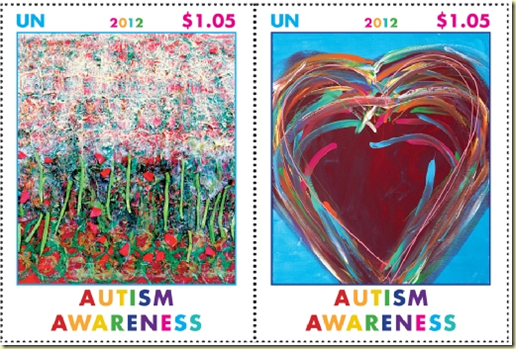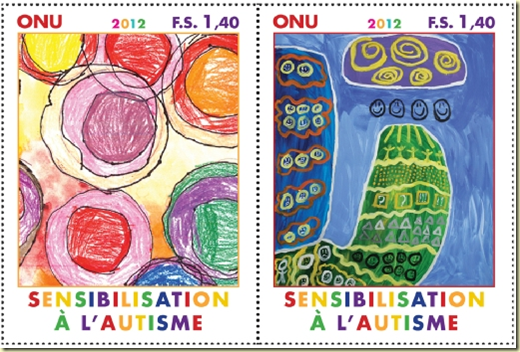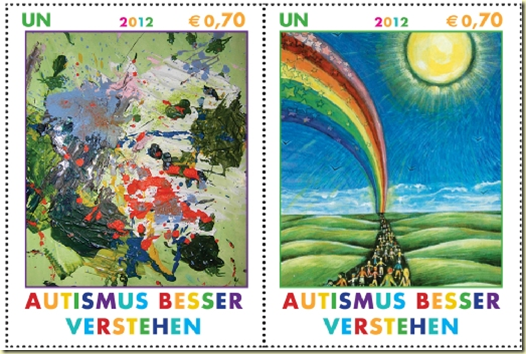Jason Arday is a British sociologist, writer and fundraiser who has made a remarkable impact in academia despite facing significant challenges in his early life.
Born in 1985 to Ghanaian parents, and growing up in Clapham, South London. Arday was diagnosed with Autism Spectrum Disorder at the age of three, which made it difficult for him to communicate. He didn’t learn to speak until he was 11 years old and couldn’t read or write until he was 18. Additionally, he was born deaf in one ear and faced racial discrimination growing up in a poor housing estate.
Arday’s mother played a crucial role in developing his self-confidence and skills, particularly by introducing him to a wide range of music. This helped him conceptualise language and sparked a lifelong interest in popular culture.
His college tutor, Sandro Sandri, encouraged Arday to pursue his academic goals and helped him develop his writing skills.
Two years after learning to read and write, Arday went to university. He graduated and completed his first Master’s when he was 25. At 26, he got his second Master’s. By the time he was 30, he got his PhD.
Arday’s personal determination and hard work enabled him to overcome the barriers he faced. He wrote a set of personal goals on his bedroom wall at 27, including working at Oxford or Cambridge, which he eventually achieved.
Arday was appointed Professor of Sociology of Education at the University of Cambridge in 2023, at the age of 37, making him the youngest Black person to hold a professorship at the university. He had previously been a Professor of Sociology of Education at the University of Glasgow, and before that Associate Professor of Sociology at the University of Durham, as well as visiting professor at Nelson Mandela University, South Africa.
In Arday’s own words, “When I was eighteen the height of my ambition was to spell my name. I’ve been reflecting on how I got from that point to where I am now. It’s about the people and the support structures around me that have enabled me to see the bigger picture. Some might also call it a divine plan.”
His research primarily focuses on improving representation of Black, Asian and Minority Ethnic people in higher education, and promoting inclusivity in academic communities.
Arday has published extensively on diverse subjects, including racial discrimination in education, experiences of Black students in universities, and the role of arts and cultural literacy in effective mental health interventions.
Arday has raised over £5.5 million for various charities till now by participating in various marathons and endurance tests on treadmills. He is a trustee of the Runnymede Trust, UK’s leading race equality think tank, and the British Sociological Association.
Please visit https://livesretold.co.uk/ for an online collection of 350 life stories over a wide range of occupations.
What is autism?
Autism spectrum disorder (ASD) and autism are both general terms for a group of complex disorders of brain development. These disorders are characterised, in varying degrees, by difficulties in social interaction, verbal and nonverbal communication and repetitive behaviours.
ASD can be associated with intellectual disability, difficulties in motor coordination and attention, and physical health issues. Autism appears to have its roots in very early brain development. However, the most obvious signs of autism and symptoms of autism tend to emerge between two and three years of age. Studies also show that autism is three to four times more common among boys than girls.
Each individual with autism is unique. Many of those on the autism spectrum have exceptional abilities in visual skills, music, math, art and academic skills. About 40 per cent have average to above average intellectual abilities. Indeed, many persons on the spectrum take deserved pride in their distinctive abilities and “atypical” ways of viewing the world. Others with autism have significant disabilities and are unable to live independently. About 25 per cent of the individuals with ASD are nonverbal but can learn to communicate using other means.
The overall mission of autism organisations is to support people affected by autism and their families to improve the lives of those on the autism spectrum. For some, this means the development and delivery of more effective treatments that can address significant challenges in communication and physical health. For others, it means increasing acceptance, respect and support.

In December 2007, the United Nations General Assembly unanimously declared 2nd April every year as World Autism Awareness Day to highlight the need to help improve the lives of children and adults who are affected by the disorder so they can lead full and meaningful lives.
The United Nations Postal Administration (UNPA) issued a set of six stamps on March 30th 2012 to raise global awareness on autism.


Courtesy: Rainbow Stamp Club.
